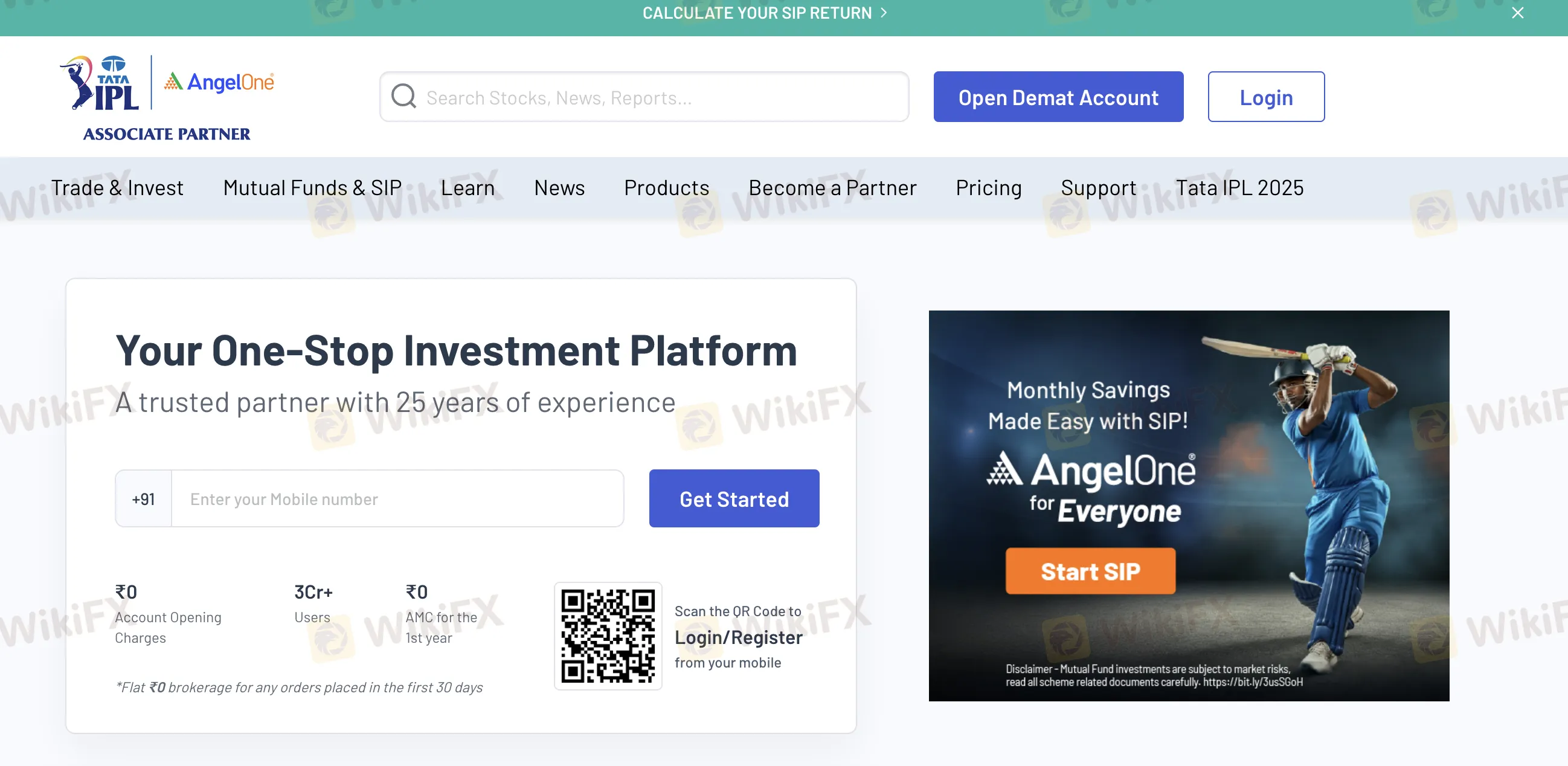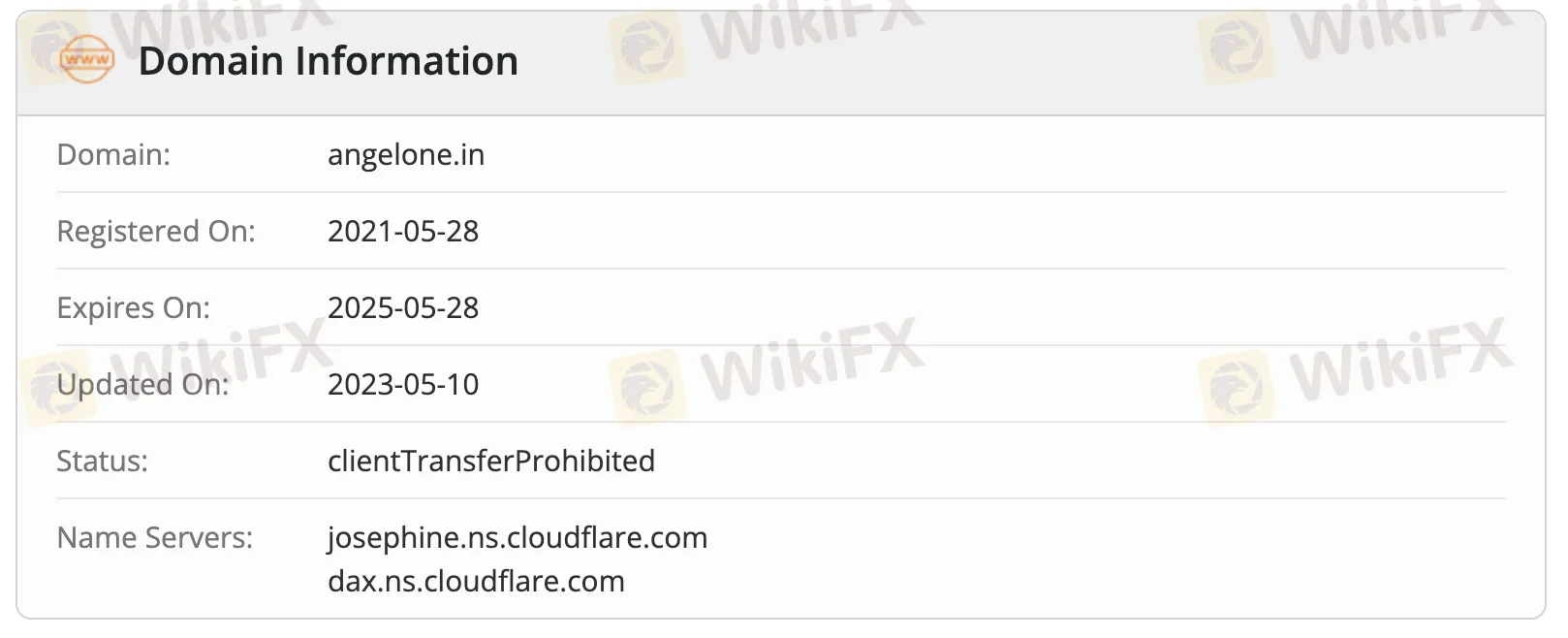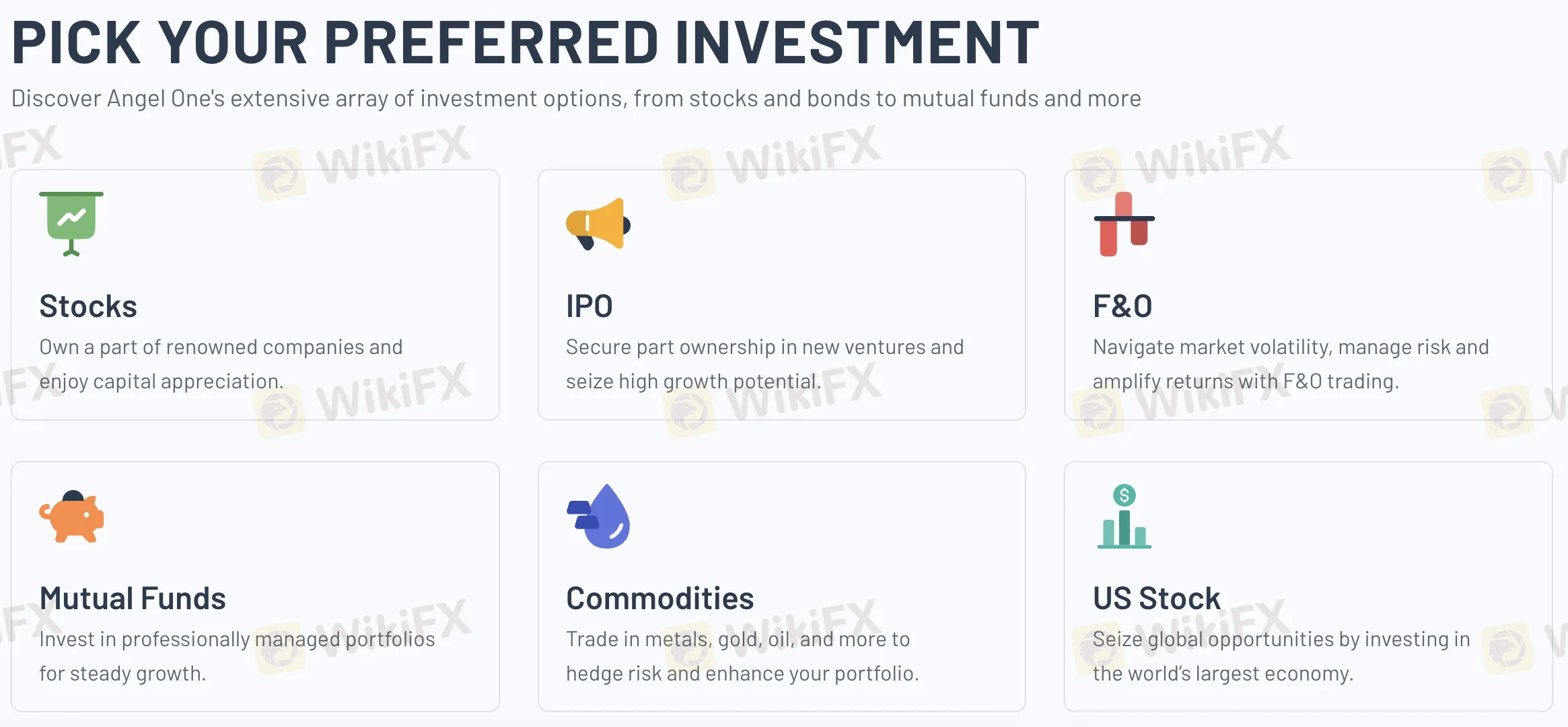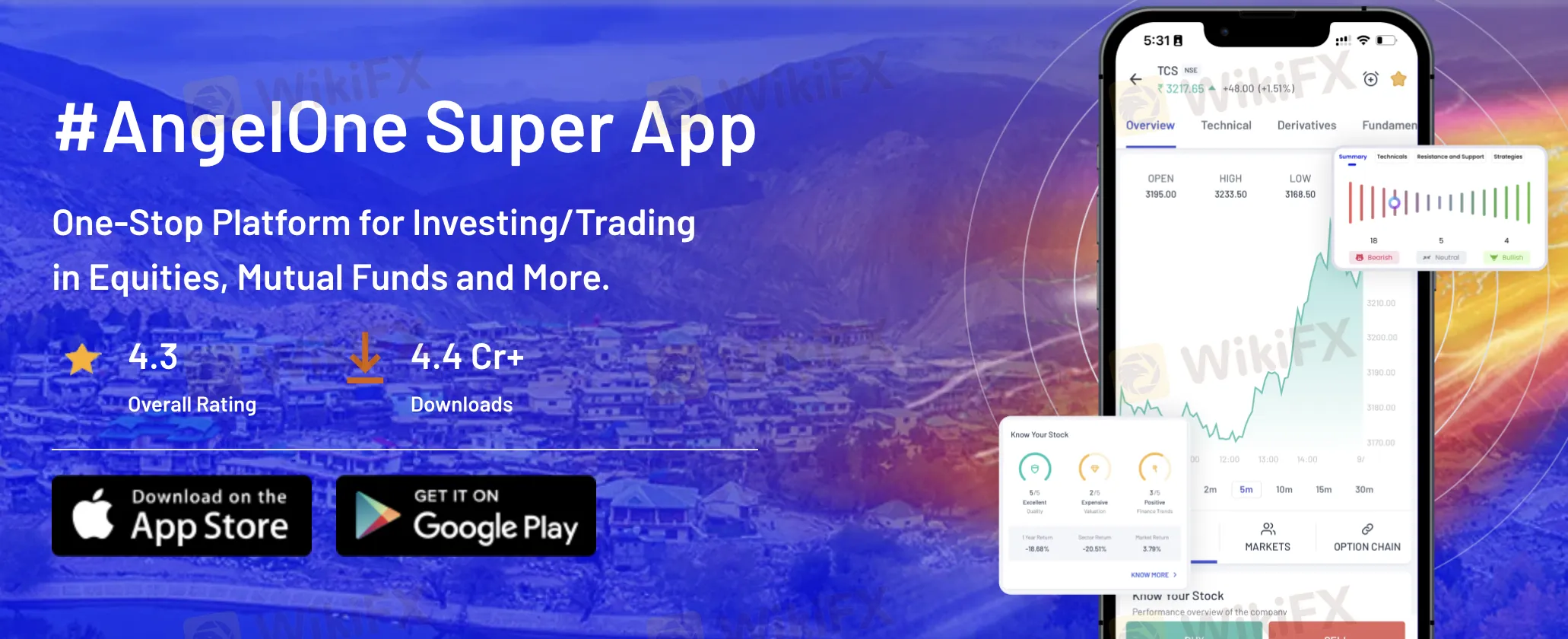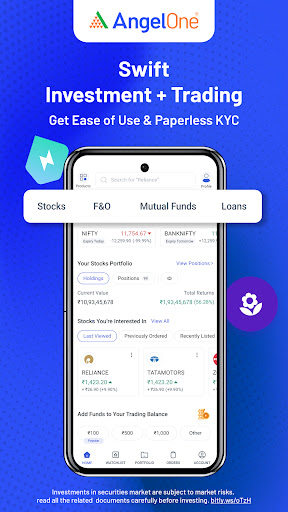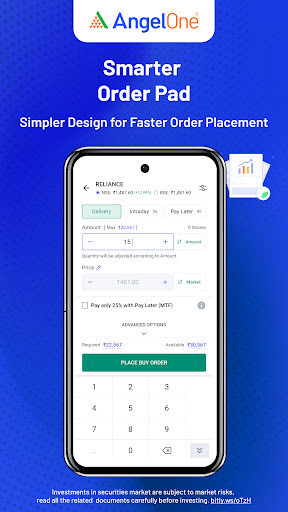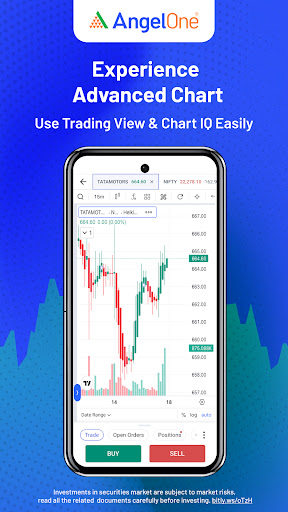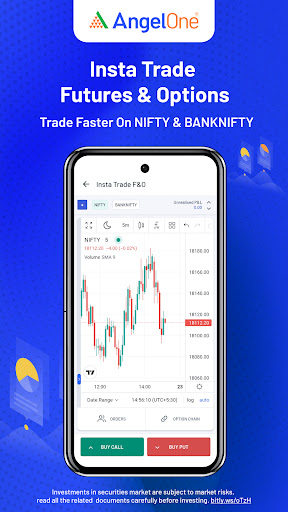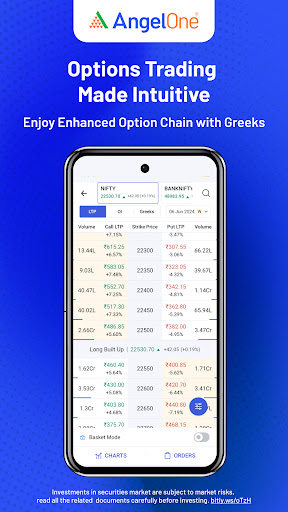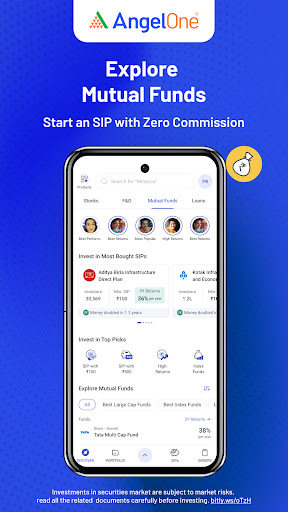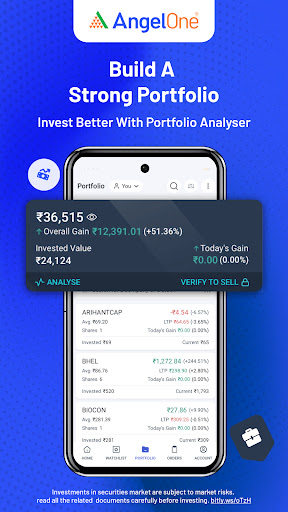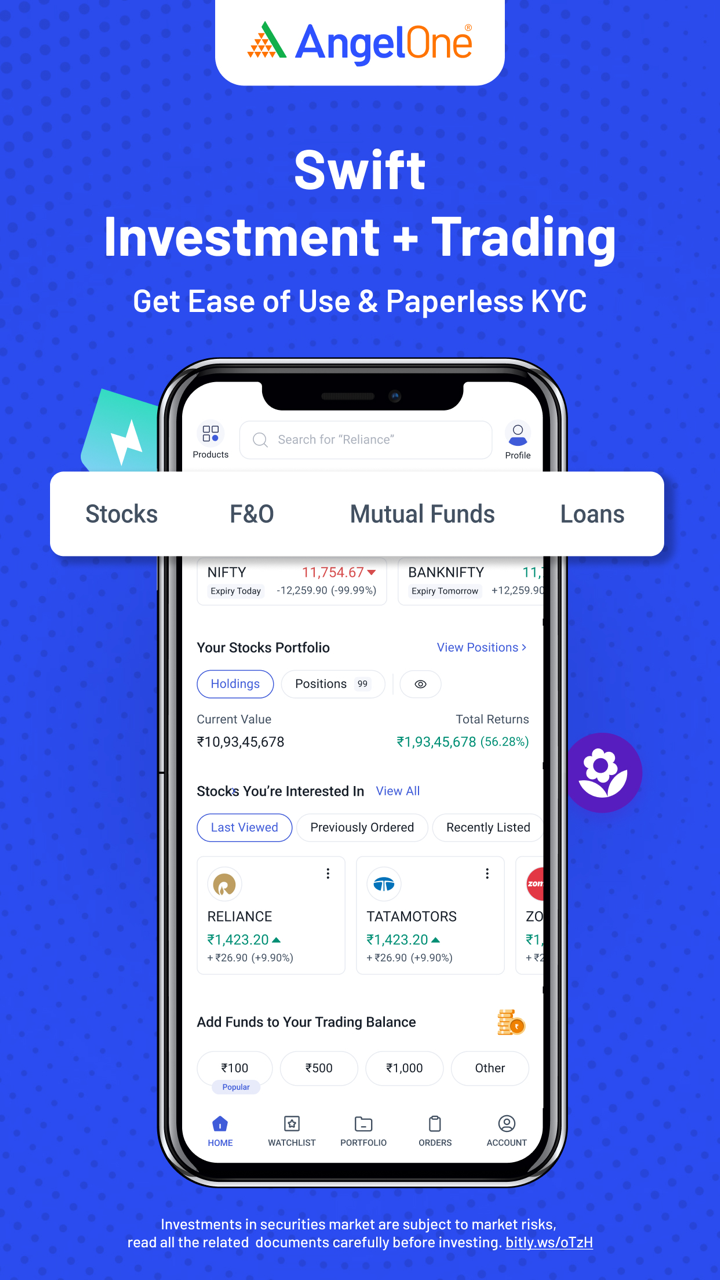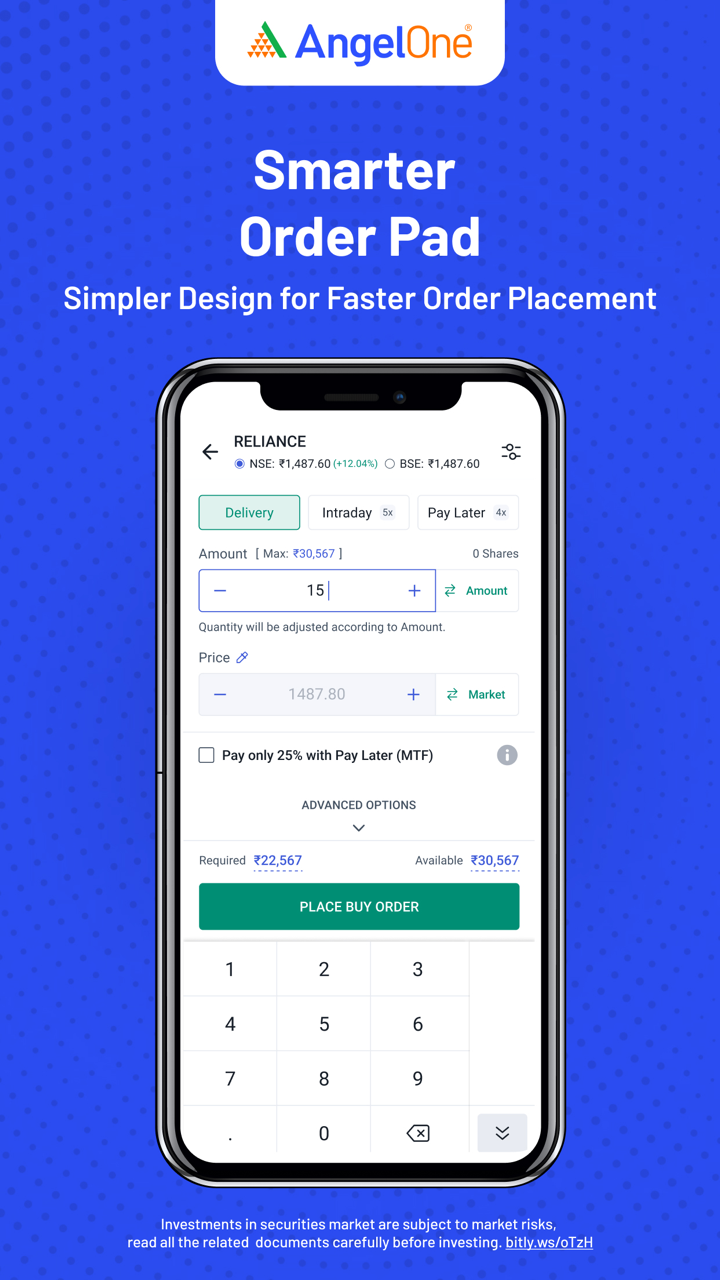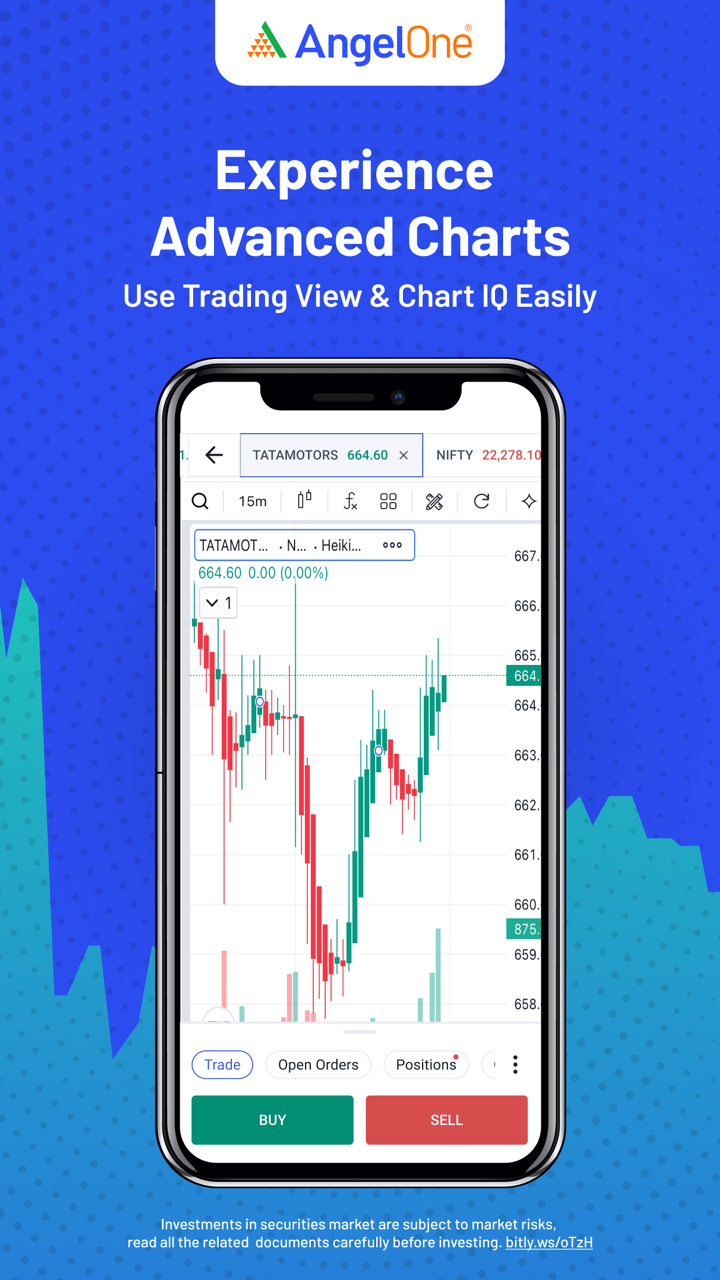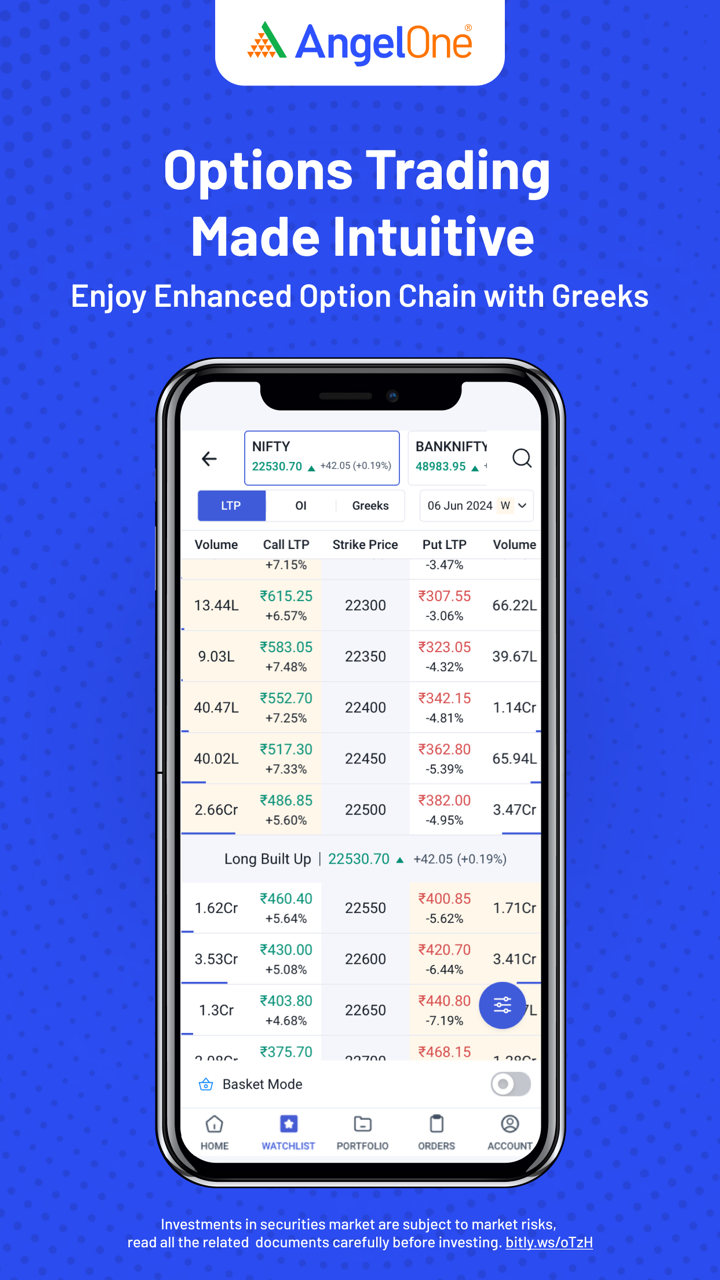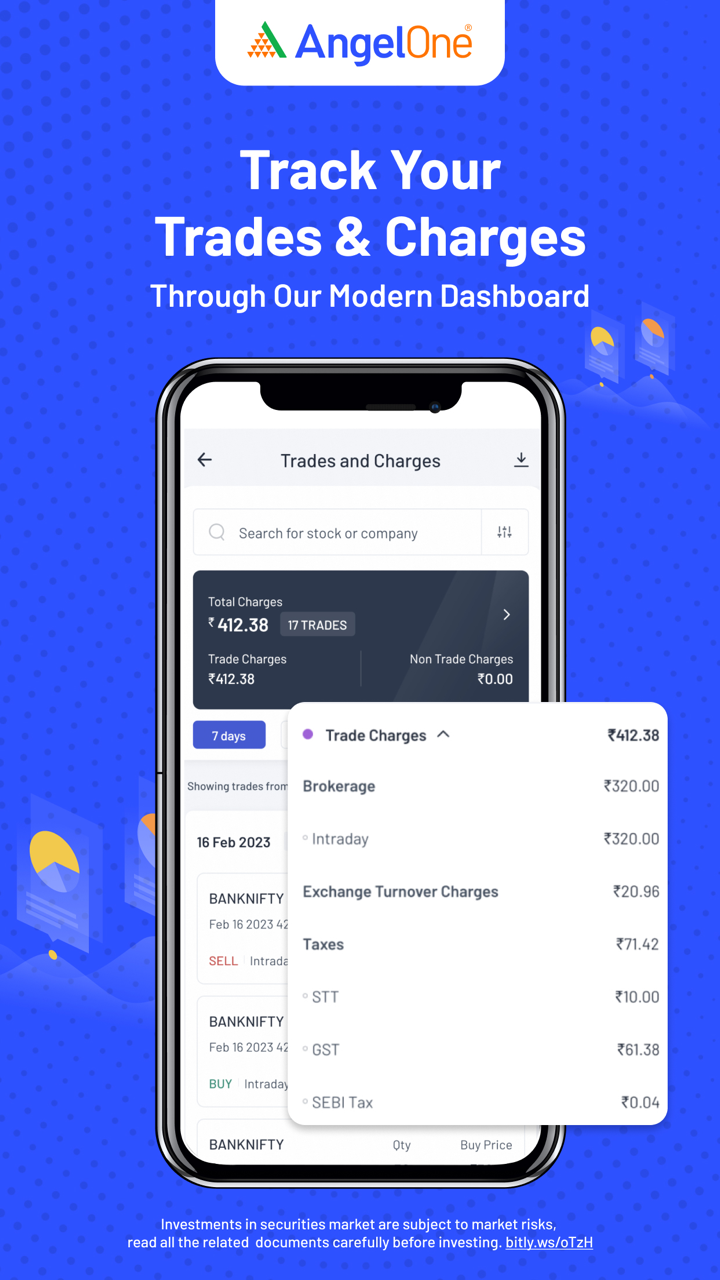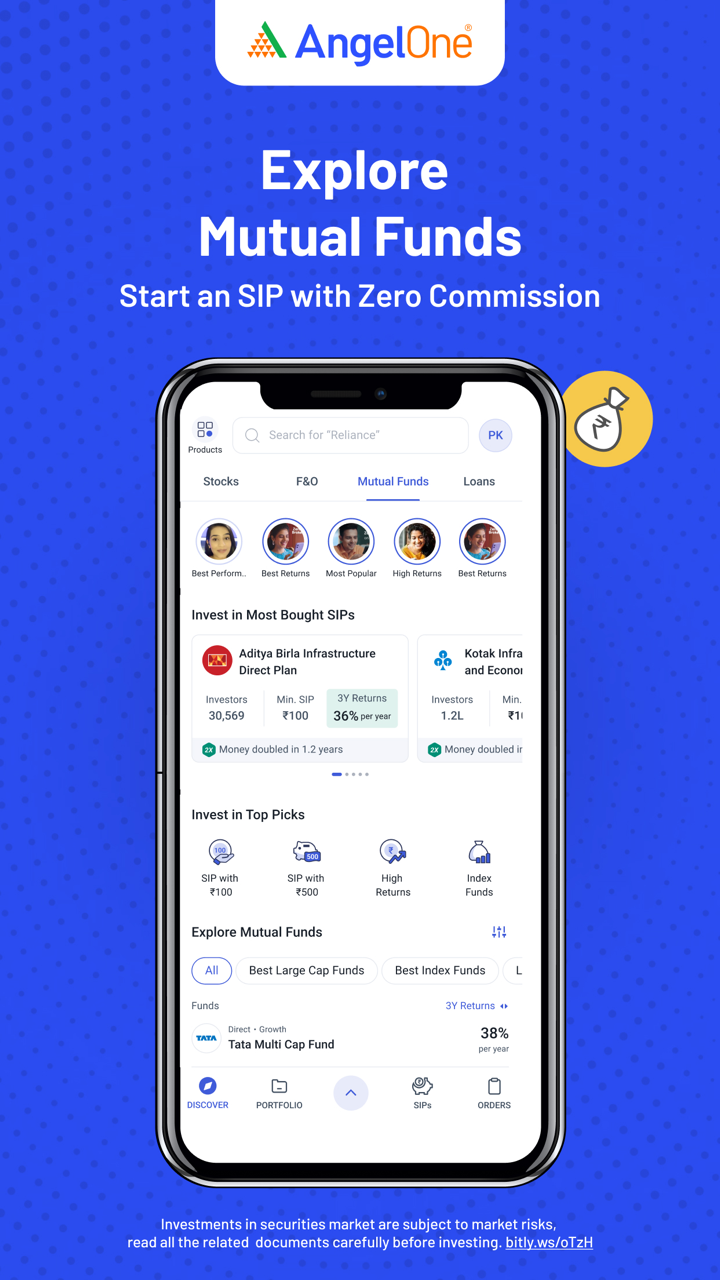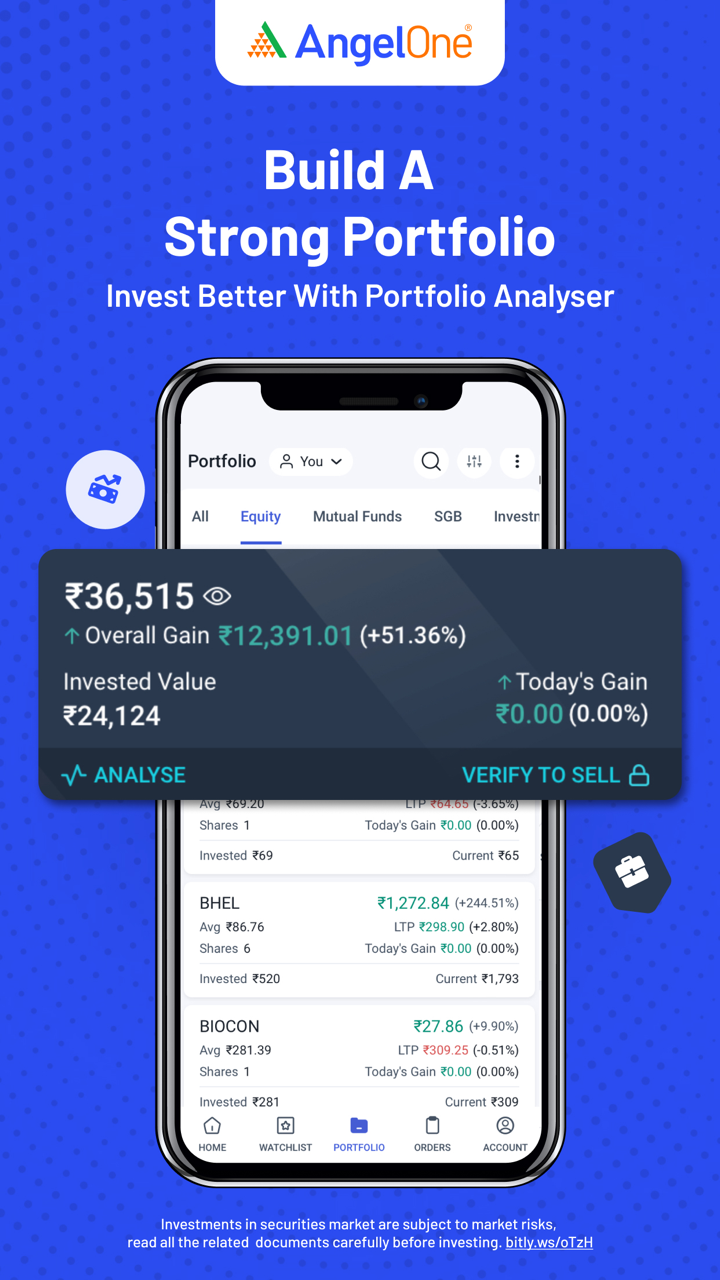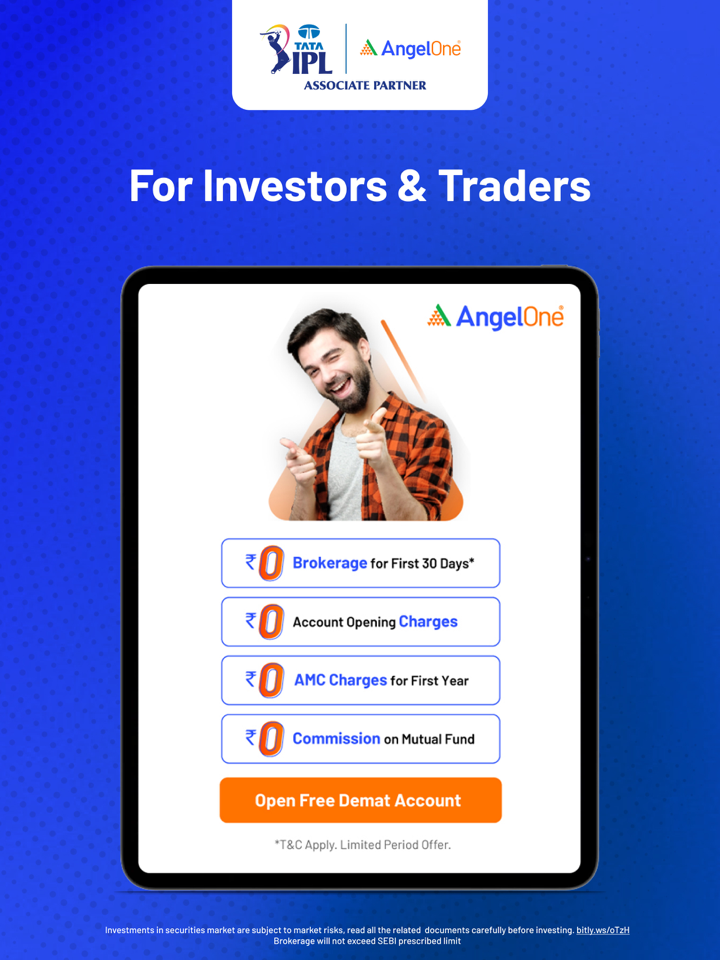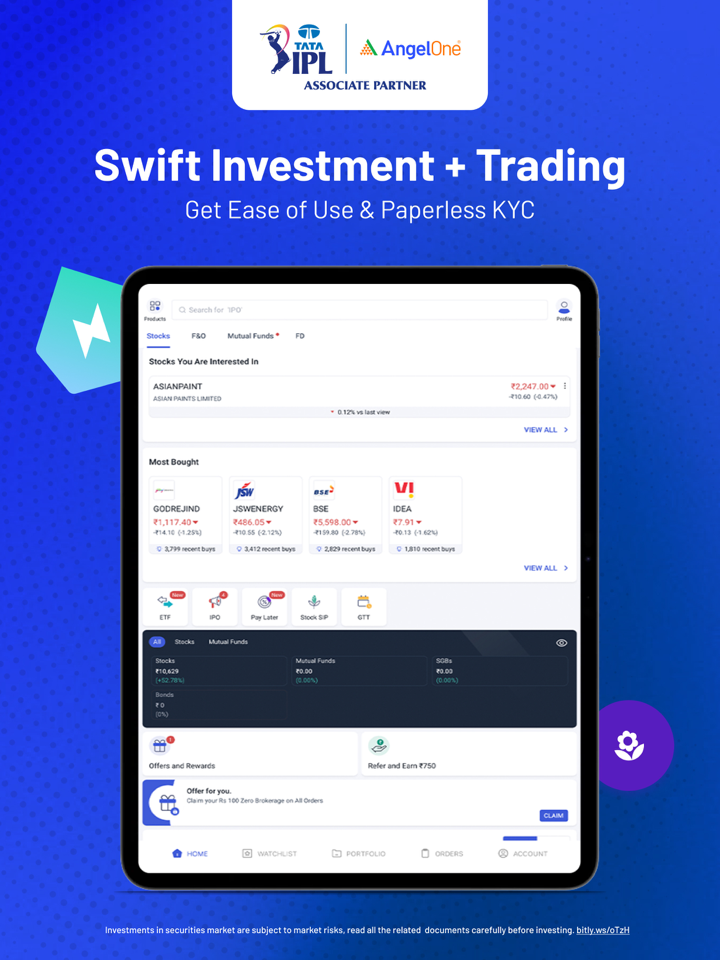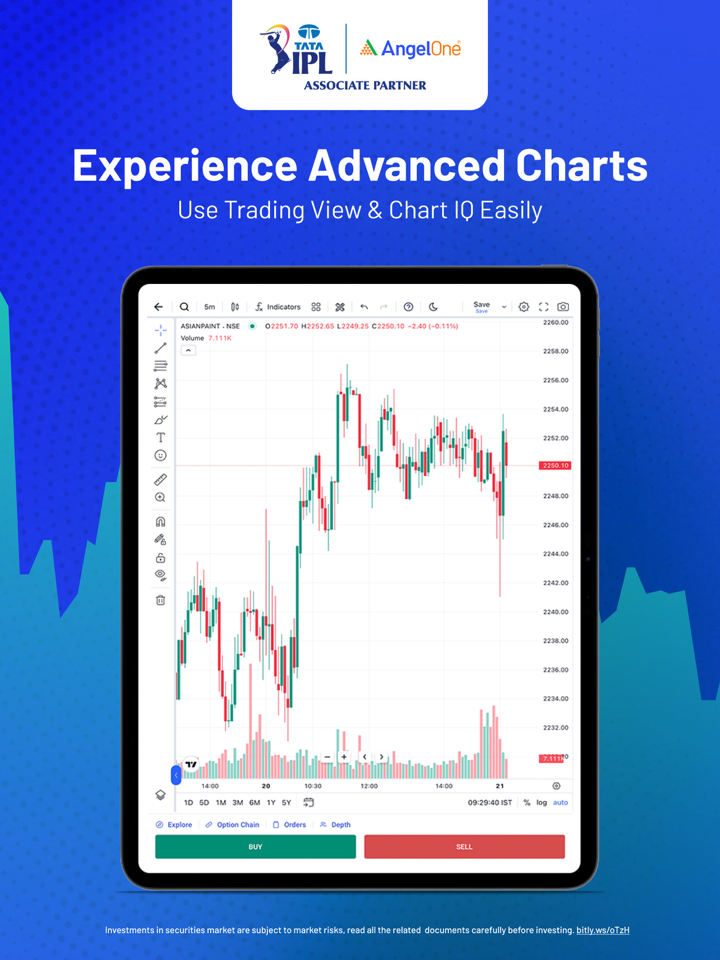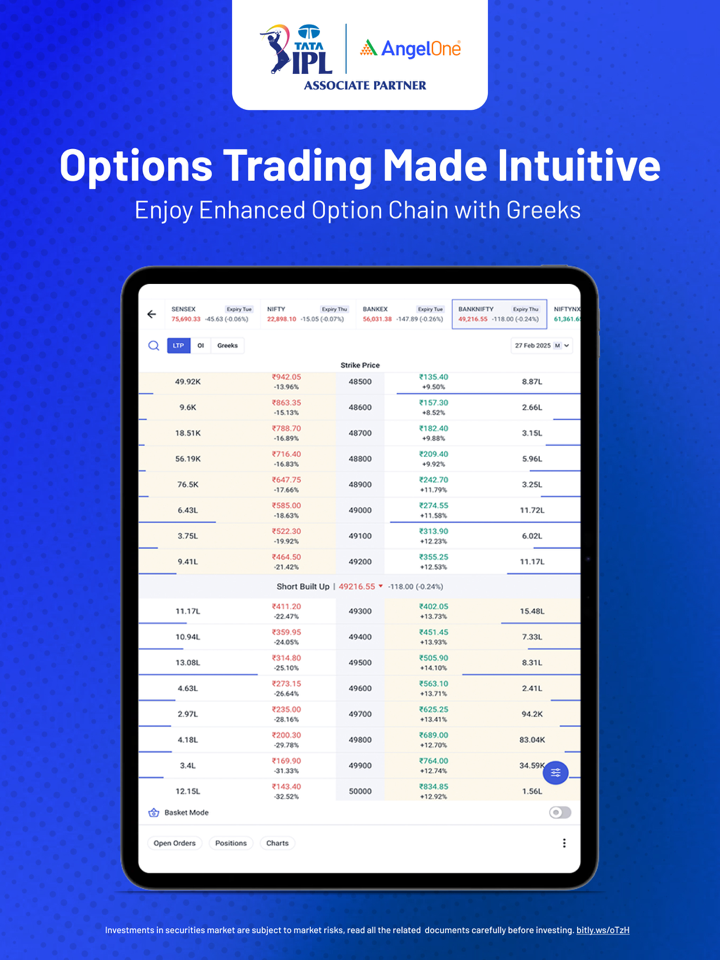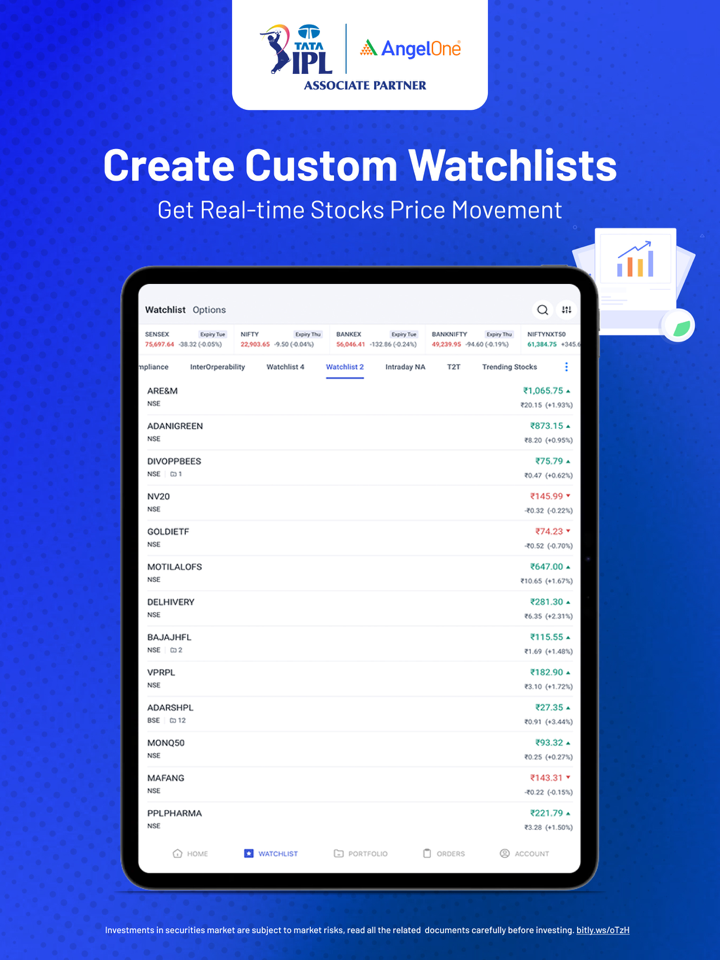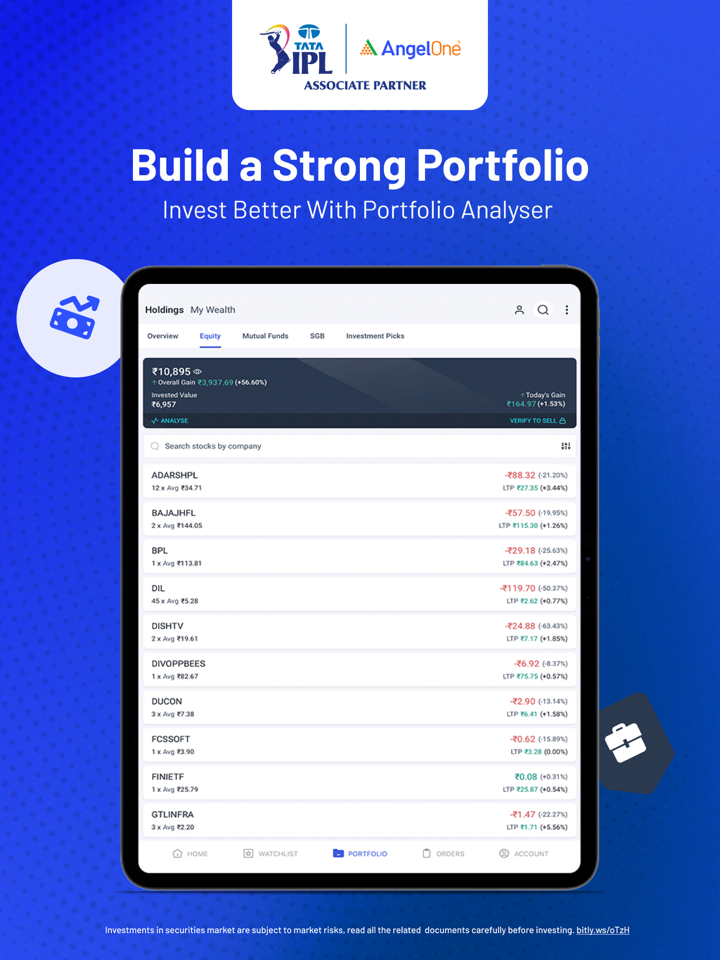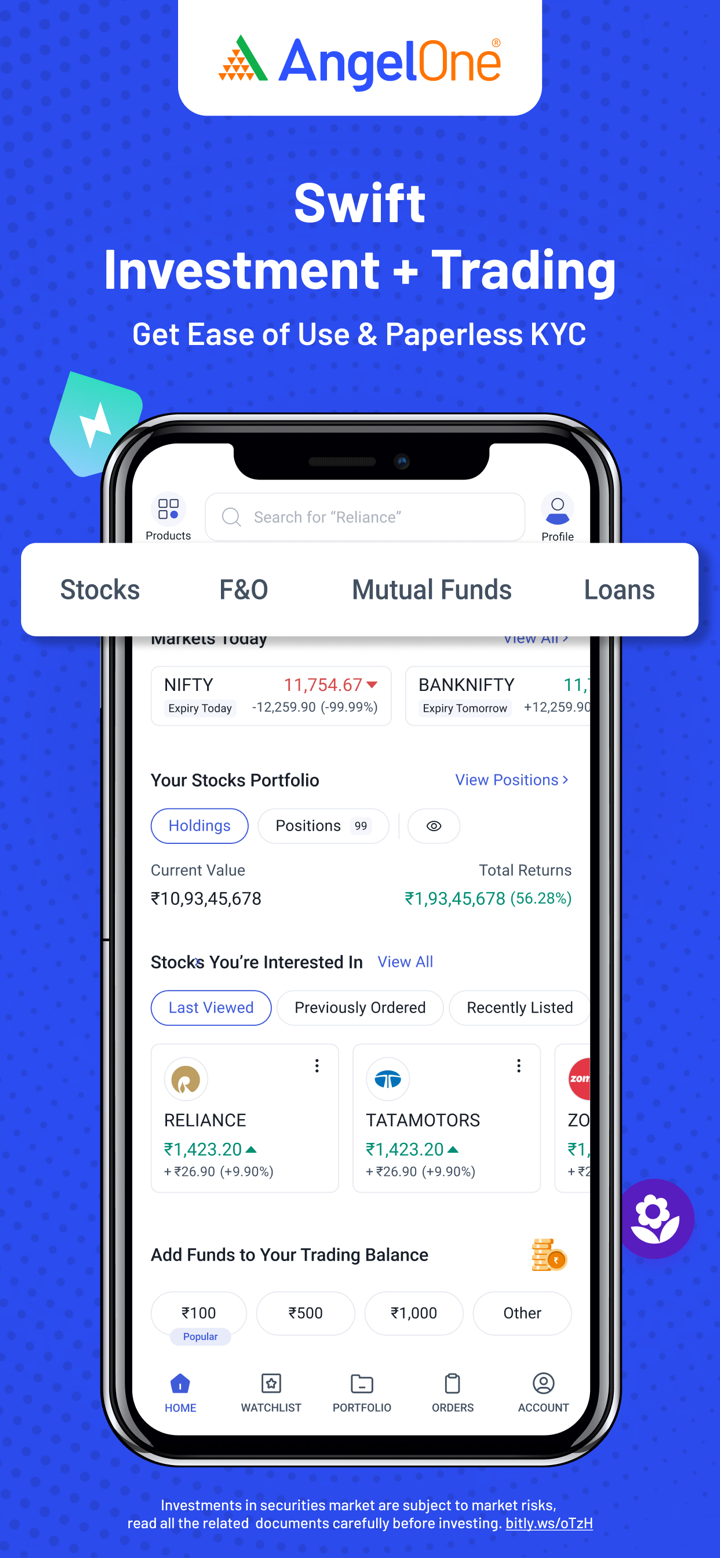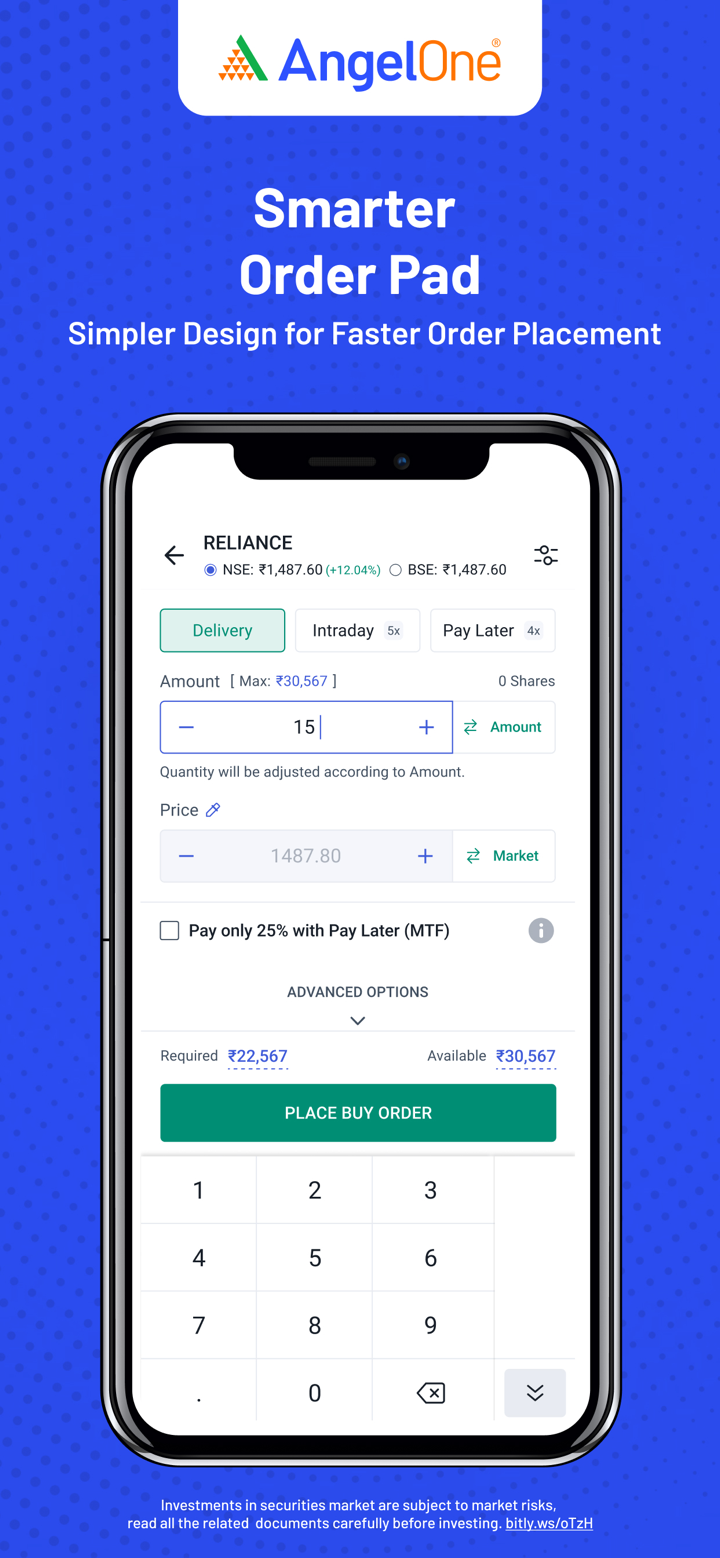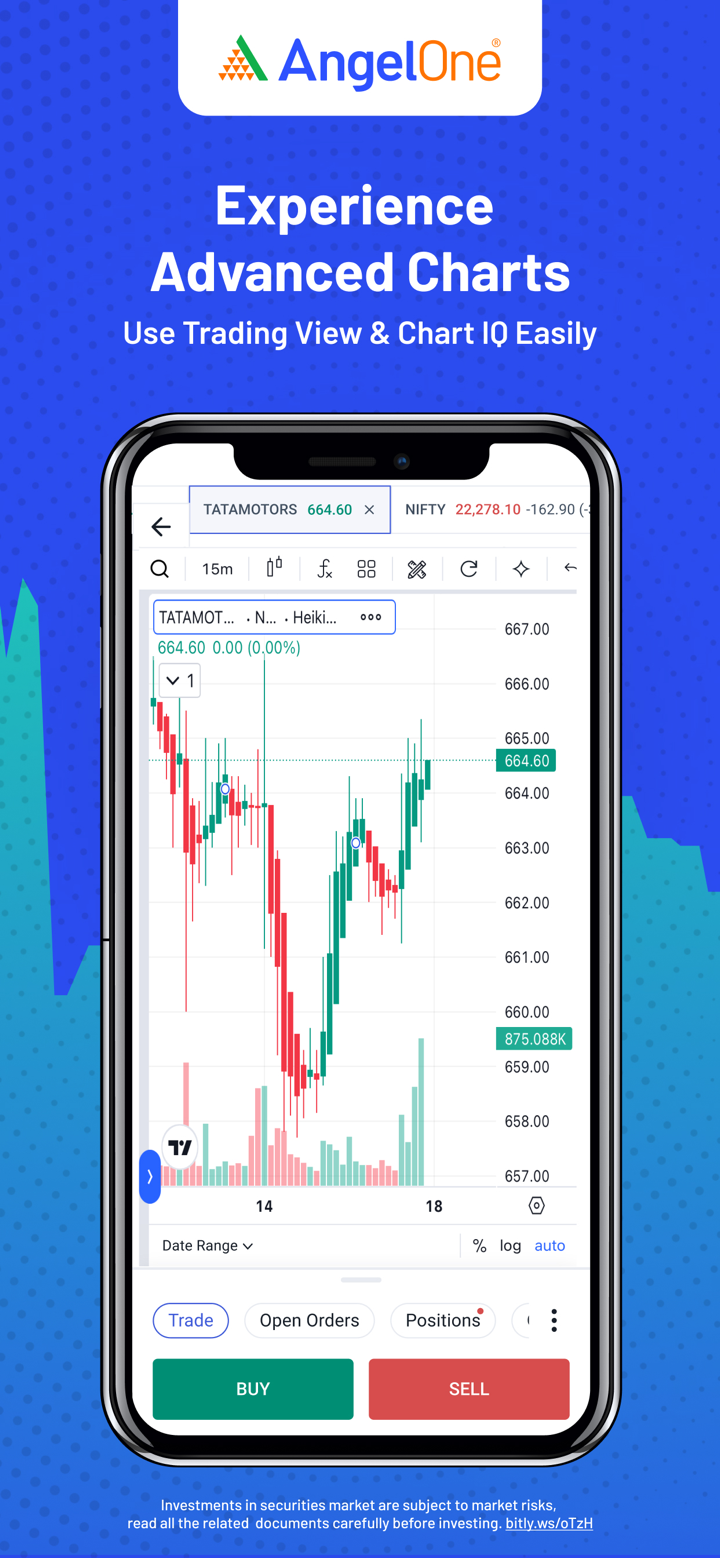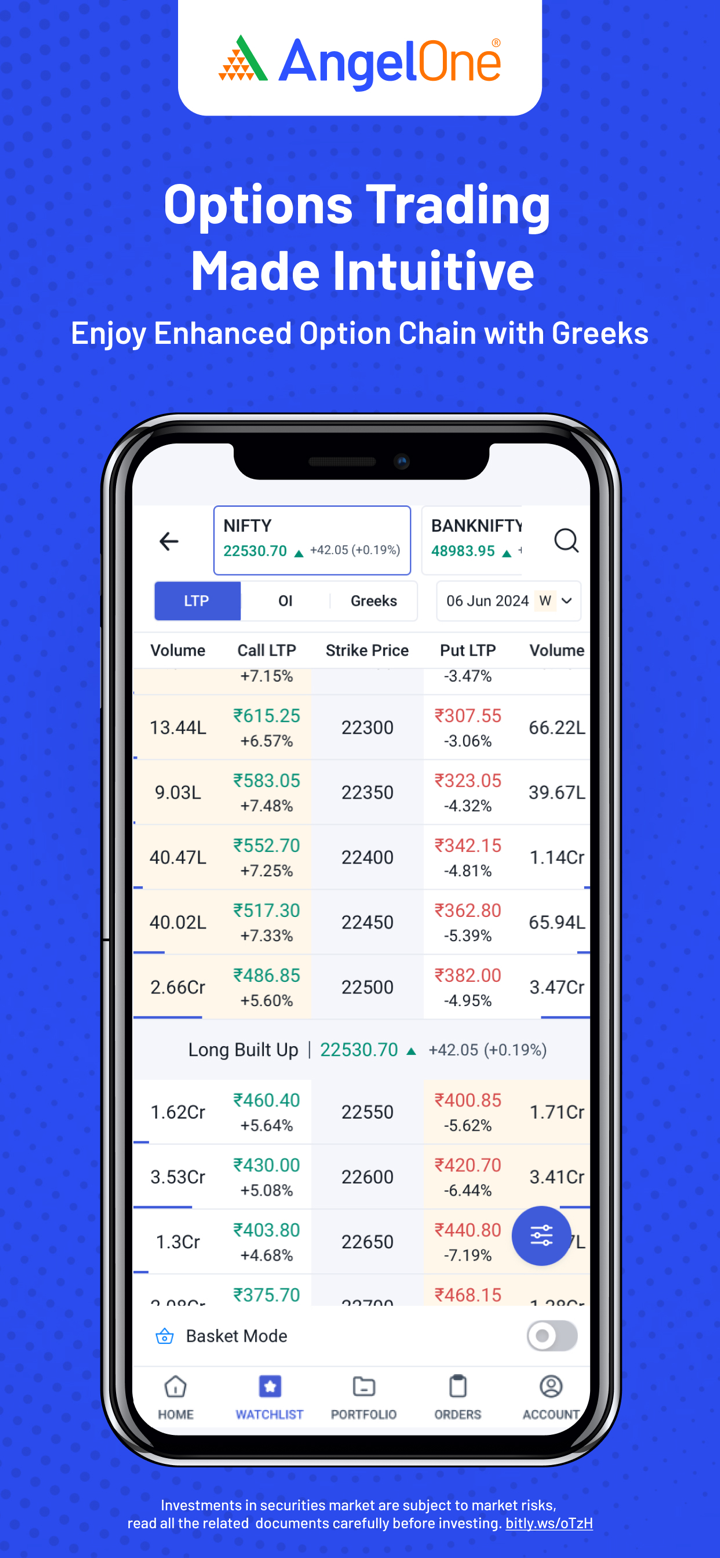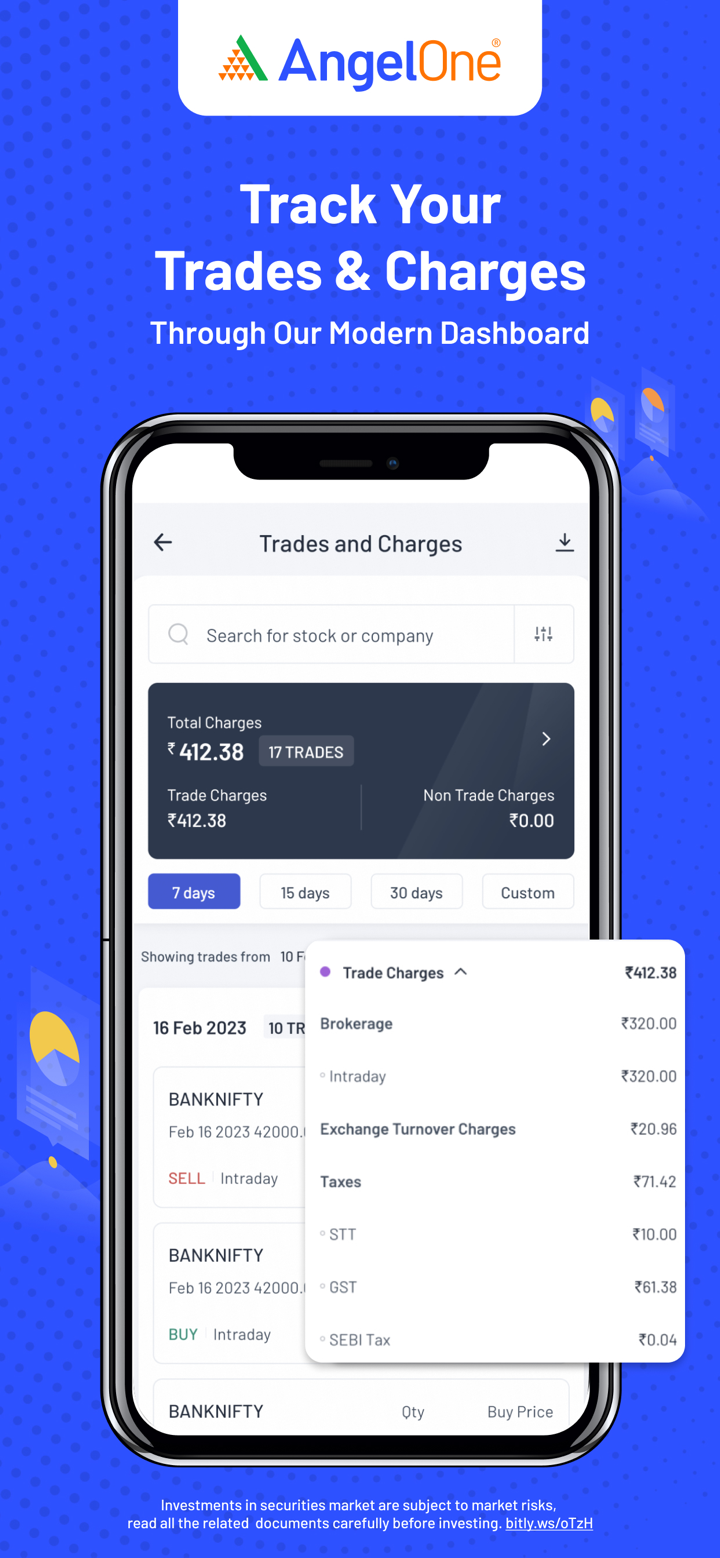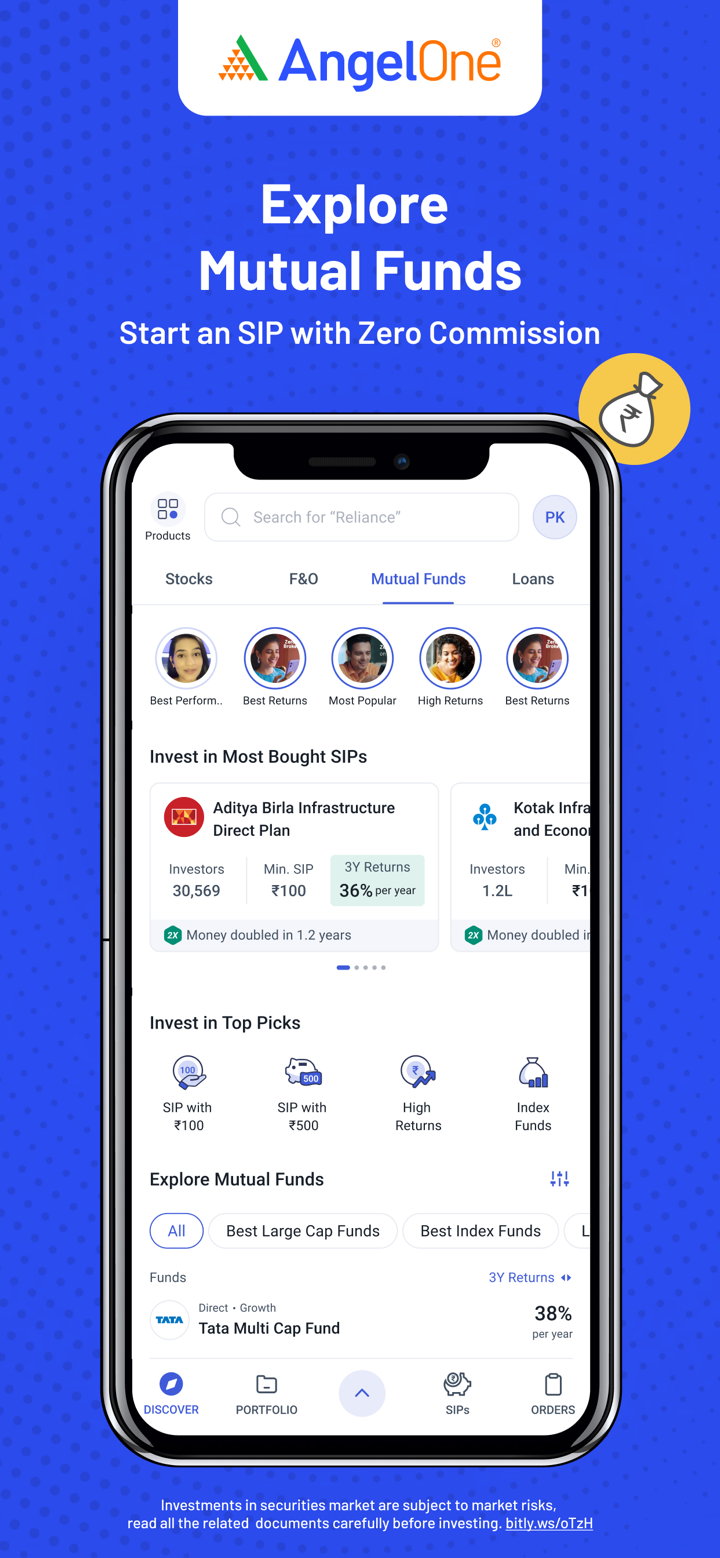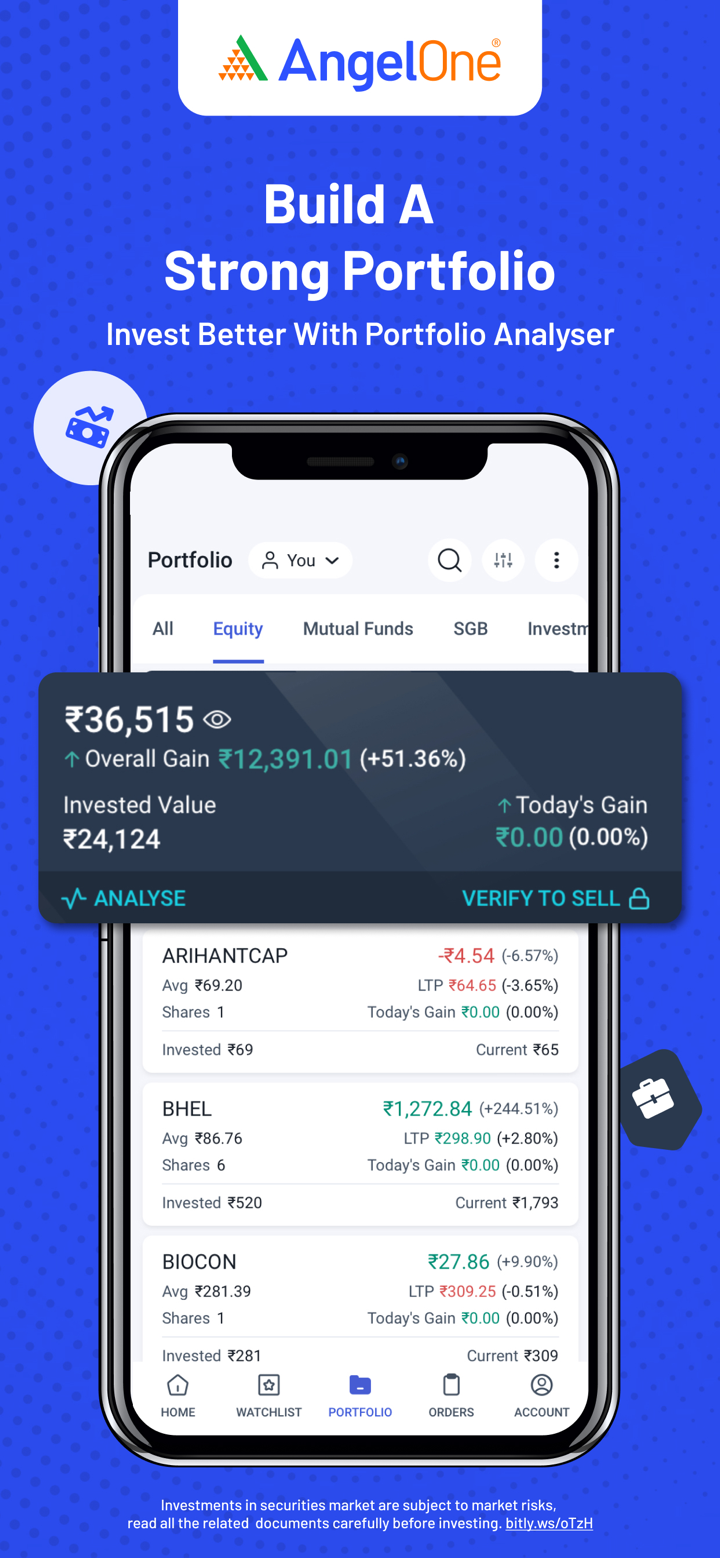Serious74
1-2年
What's the lowest amount I’m allowed to withdraw from my Angel One account in a single transaction?
As someone who has spent years evaluating brokers for both personal trading and community guidance, I always prioritize regulatory clarity and transparent policies. With Angel One, I notice a significant risk factor: this broker is not regulated by any top-tier authority, neither SEBI in India nor global bodies like the FCA or ASIC. Such an absence of regulatory oversight means I am especially cautious when it comes to fund transfers—including withdrawals.
Regarding the minimum withdrawal amount, the WikiFX report provided comprehensive insights about Angel One’s trading products, fees, and platform features, but it did not specify a minimum withdrawal limit for single transactions. Based on my approach, when a broker omits such essential information publicly, especially in the absence of regulatory oversight, I treat this as a potential red flag. Not all brokers will have the same policies, and unregulated firms can change their withdrawal terms at their discretion, sometimes without investor-friendly notice.
For me, this lack of transparency is problematic. Before depositing or trading, I would contact Angel One directly (via their official support channels) to ask for documented withdrawal procedures, including any minimum limits. Unless this information is clear and favorable—and until I see evidence of reliable fund withdrawal from multiple, independent traders—I would remain conservative and only allocate funds I can afford to risk. Transparency on withdrawal conditions is just as critical as trading technology or fees when selecting a broker.
Broker Issues
Deposit
Withdrawal
Thobani Dlalda
1-2年
Which trading platforms are offered by Angel One, and do they support MT4, MT5, or cTrader?
From my own experience navigating broker choices, platform support is a critical factor I always verify before considering any firm. With Angel One, I found their technology geared primarily to equities, options, and mutual funds trading—mainly via their proprietary platforms rather than widely-used third-party software common in global forex circles. Specifically, Angel One offers three platforms: the Angel One Super App (for mobiles), Angel One Trade (a web-based portal), and Smart API (targeted at developers and algo traders). All three are developed in-house.
What immediately stood out for me was the lack of support for platforms like MT4, MT5, or cTrader—tools I usually rely on for forex and more specialized execution or analysis workflows. As someone who values transparent order routing and global standard tools, this is a notable limitation. In practical terms, if you’re used to MT4/MT5 for customizing indicators and running expert advisors, you simply won’t find that ecosystem here. While Angel One’s app interface is regarded as intuitive and user-friendly (which I did verify myself), this doesn't substitute the advanced features that traders might expect from established third-party solutions.
For me, the absence of industry-standard trading platforms significantly narrows Angel One’s appeal, especially for those coming from international FX or CFD backgrounds. For anyone thinking about algo trading or third-party tool integration, I recommend being especially cautious and thoroughly considering how this may impact your usual routines or strategies.
Broker Issues
Instruments
Leverage
Account
Platform
Arnold Joseph
1-2年
How legitimate do you find Angel One to be, considering customer reviews and your own assessment?
In my personal experience as a trader who prioritizes regulatory safety above all else, Angel One raises several fundamental concerns regarding legitimacy. The absolute absence of oversight from SEBI or any major international regulator is, to me, a major red flag. Regulatory status isn’t just a bureaucratic checkbox—for those of us trading with real capital, it’s vital for dispute resolution, fund protection, and maintaining a basic level of operational integrity. Although Angel One positions itself as a well-established Indian broker with a decent reputation for technology and offers an array of investment products, this is far overshadowed by their lack of regulatory adherence.
I do acknowledge that some users, like the reviewer from Belarus, have found the trading platforms intuitive and user-friendly. However, I must stress that positive app usability does not make up for the risks associated with an unregulated broker, especially in the trading industry where reputation and oversight are everything. The fact that Angel One charges zero brokerage for the first month and maintains low fees might appeal to cost-sensitive traders, but again, these advantages do not offset the absence of verifiable consumer protections. For anyone considering trading here, I would recommend an especially cautious approach and thorough due diligence—my personal standard is never to trade significant funds with any broker lacking recognized regulatory status, regardless of other incentives.
S jonas
1-2年
Could you highlight the advantages of Angel One when it comes to its range of trading instruments and how its fees are structured?
In my experience, evaluating a broker means weighing both product diversity and cost transparency. With Angel One, I noticed the selection of trading instruments is fairly broad for Indian equities market participants. I found they support trading in stocks, derivatives (futures and options), mutual funds, IPOs, commodities, and access to U.S. equities. However, it's important to emphasize that Angel One does not provide forex, indices, cryptocurrencies, bonds, or ETF trading, which could limit flexibility if you want a more global or multi-asset portfolio. For me, this product scope works primarily if my focus is Indian securities and some U.S. exposure—a significant consideration if you trade primarily within these markets.
Regarding their fees, I appreciate that Angel One structures charges to be competitive for India. They offer zero brokerage for the first ₹500 in trades within 30 days, which can provide some early cost savings for new users. After this period, I find the rates—capped at ₹20 per executed order or a percentage-based commission—relatively attractive, especially for smaller, retail portfolios. However, it's important to point out that additional regulatory and statutory fees apply, and these can accumulate, especially with frequent trading. While their cost schedule is straightforward, I always recommend reading the fine print and tallying potential charges based on your trading frequency and volume. Overall, Angel One’s strengths in fees and product range suit certain investor profiles, but limitations remain if your needs extend to global or diversified asset classes.
